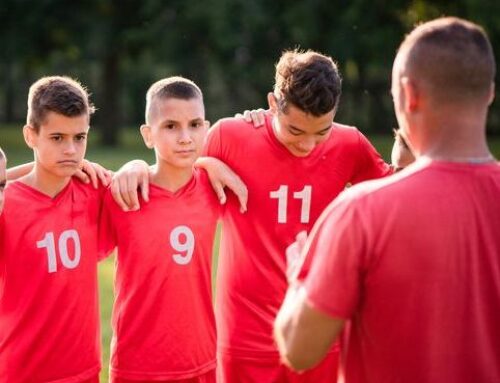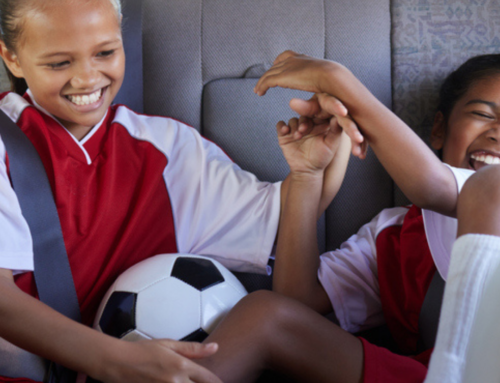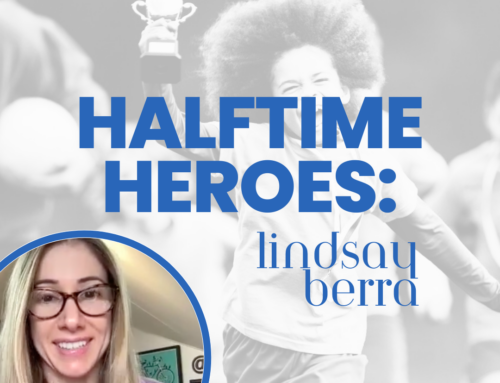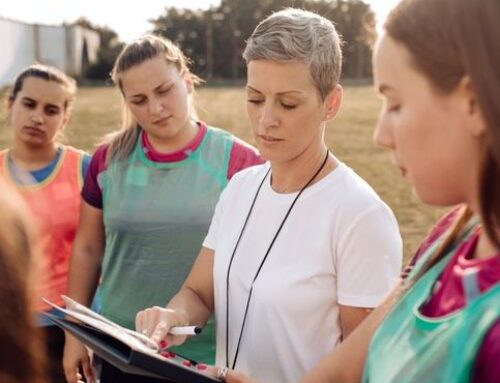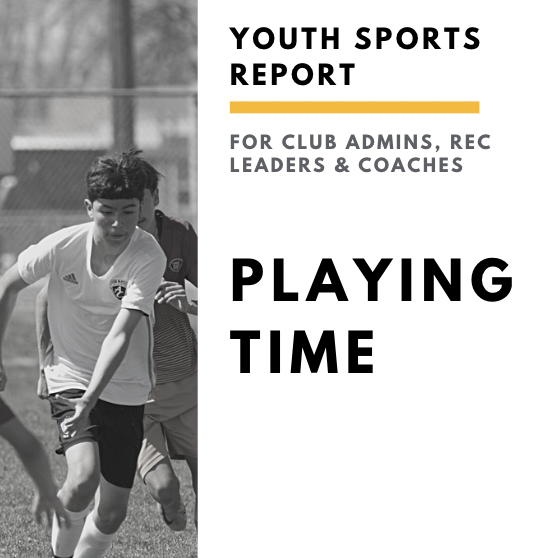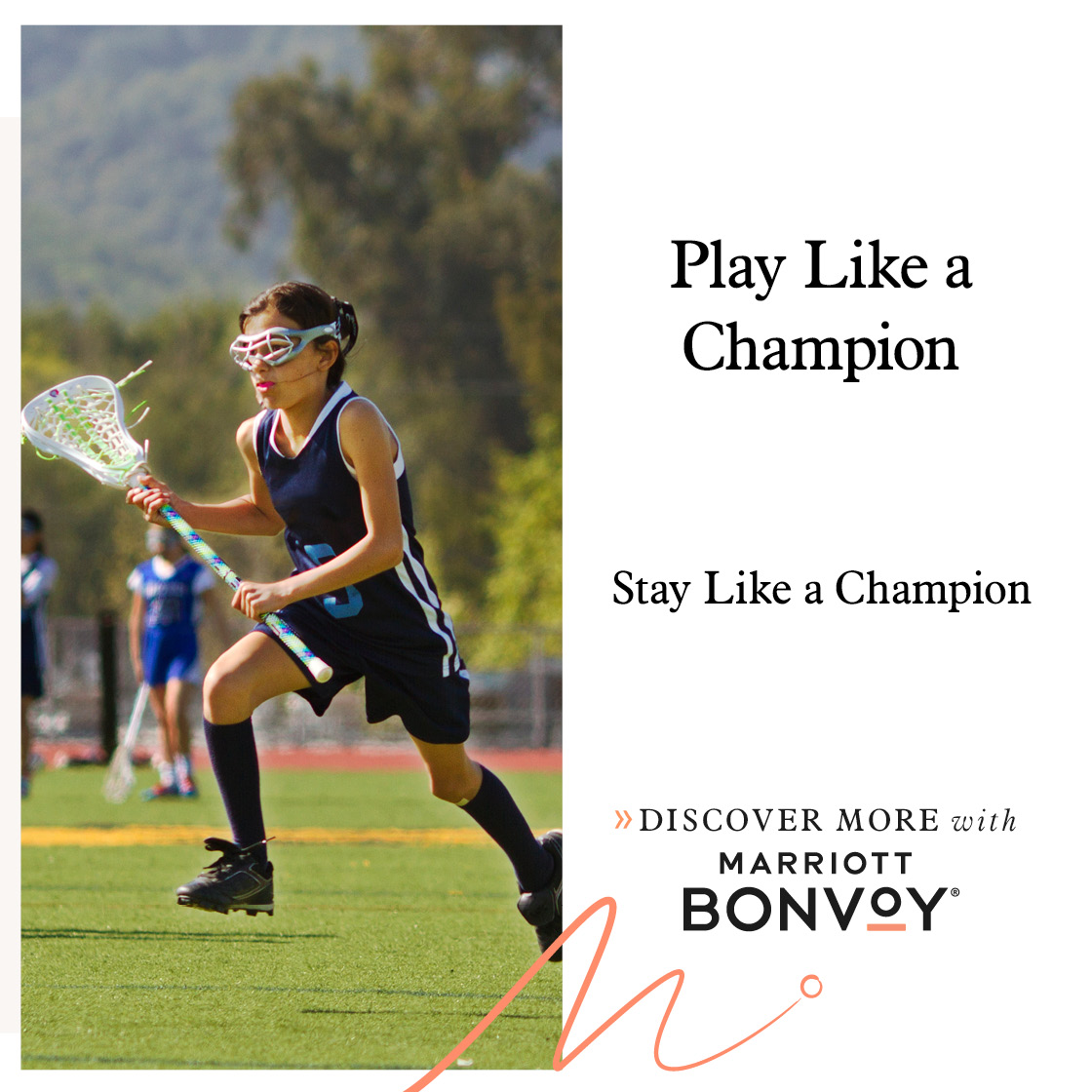Get our exclusive report. Download the iSport360 Club Switching Report Here – For Club Admins, Rec Leaders and Coaches.
“Slow Cooking” vs. “Microwaving” Athlete Development
Taking a developmental approach when it comes to our kid’s physical development: “Slow Cooking” vs. “Microwaving” their development.
We have a Progressive system when it comes to educating our kids. They have to demonstrate proficiency and general understanding when it come to reading, writing and arithmetic before they can go onto the next grade. When it comes to children’s physical development we lack a systematic approach.
What’s happening today:
- General motor skills are not learned before the age of 11 for females and 12 for boys
- Microwave vs. slow cooking
- Product over process
- Cart before the horse
- Movement specialties before the foundation
- “Peak by Friday” mentality

The United States Olympic Committee (USOC) recently published a report based on a survey distributed to nearly 2,000 Olympic athletes. The survey intended to gauge what the USOC could do to improve the quality and effectiveness of programs that identified and developed talent. According to the report: Top 2 reasons Olympic athletes gave for pursuing elite levels of performance were; “Intrinsic Love of Activity” and “Love of Sport”.
What does that mean for us who work and educate our youth? We need to get kids to love being active! Make it Fun!
Solution:
Physical Literacy & Long Term Athletic Development (LTAD)
“Physical Literacy can be described as a disposition in which individuals have: the motivation, confidence, physical competence, knowledge and understanding to value and take responsibility for maintaining purposeful physical pursuits/activities throughout the life course”. – Margaret Whitehead (2013)
People who are physically literate have the competence, confidence and motivation to enjoy a wide variety of sports and physical activities. As a result, they are more likely to stay active. Like reading and arithmetic, which develop a literacy or numerical vocabulary, physical literacy develops a “movement vocabulary” of fundamental movement skills and fundamental sport skills. Teaching physical independence!
LTAD:
To promote each child’s healthy and logical development in sport or physical activity, LTAD identifies sequential stages for training and competition that respects their physical, mental, and emotional development. (“Whole Child”) This approach encourages lifelong physical activity for athletes of all levels of ability, and it also provides an effective route for athletes to pursue excellence at the national and international level of competition. (Canada Sport for Life, CS4L, 2014)
Benefits of Physical Literacy Program:
- Increase focus and attention/concentration in and out of the classroom
- Improved behavior
- Perform better academically
- Develop self esteem
- Have a stronger sense of school connectedness
- Develop well rounded athletes
- Teach physical independence
- Slow cook vs Microwave
- Build a foundation of movement health which fitness can be built
- Improve Fundamental Movement Skills (gross motor movement abilities that allow children to move in different ways)
- Sleep better, more energy
- Improve physical, mental and emotional health (Whole child)
- Build healthy bones, hearts, muscles & selves!
Physical Literacy holds the key to a vast opportunity “We” educators have to improve the quality of sport, physical activity and the health of our nation.
Top Five ways we can promote long-term Physical Literacy for our kids:
Communicate and ASK kids what they want
A 2014 study done at George Washington University asked kids the main reason why they participated in sports; 9 of 10 kids said; “Fun”. Kids want inclusiveness, social bonds & access to action. Other top reasons: Trying your best, coach treats us with respect, playing time, playing well as a team, getting along with peers/teammates and exercising and being active. Winning was #48 on the list!
Here’s another question you can ask the kids: “What do the coaches/parents/other adults do that makes sports more enjoyable?”
“What do the coaches/parents/other adults do that makes sports more stressful and less enjoyable?”
Create early positive experiences for all kids/developing athletes
That creates a generation that loves sport and physical activity and transfers that passion to the next generation.
Taking a developmental approach
In order to succeed kids must learn fundamental motor skills (ABC’S- Agility, Balance, Coordination & Speed/Strength) and technique. To ensure long-term success, kids must be given adequate time and knowledge to develop these essential building blocks for success. A clear understanding of an individual’s developmental level (as opposed to his/her age) will help coaches, parents, and administrators appropriately tailor the training skills and tactics taught to maximize an individual’s full potential while helping avoid burnout.
Encourage multi-sport participation.
Sampling and participating in multi-sports are critical to developing a well-rounded foundation for physical activity that can transfer between sports. Multi-sports play also provides several cross-training benefits such as strength, endurance, agility, coordination, and speed, that enhances athleticism and promotes a healthy lifestyle.
Train all coaches
Coaches are the delivery mechanism for quality sport programing. Research aggregated by the Presidents Council on Fitness, Sports and Nutrition shows that good coaches also lowers kid’s anxiety levels and lifts their self-esteem. They help boys and girls enjoy the process of playing sports. They can make an athlete for life or wreck enthusiasm for participating in sports altogether.

Anthony Scire guides and educates people’s movement and physical performance taking a developmental approach while using a healthy dose of play along the way. He is a Certified Strength & Conditioning Specialist through the NSCA, Youth Fitness Specialist and Long-Term Athletic Development Coach through the International Youth Conditioning Association (IYCA)
For more information on iSport360, click here. We are the only app that does it all for youth sports.
Learn more or request a demo of our youth sports software that is helping teams improve communication, organization and player development.
March 17, 2023

